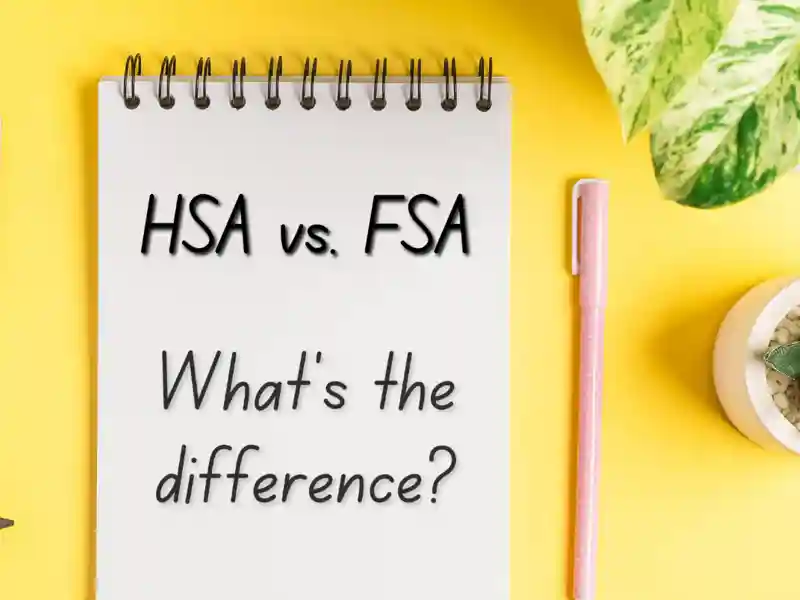
You’re committed to making monthly contributions to retirement savings, but then the dentist says you need a root canal and it’s time for that deep cleaning you’ve been putting off. It’s not only the dentist – copays for doctor visits, physical therapy, a trip to the emergency room or even common purchases for allergy or cough medicine all add up. A recent study showed that many Americans with employer provided insurance can still spend up to $1,000 or more annually on out-of-pocket medical expenses. You shouldn’t have to choose between maintaining your health and funding your retirement. Here’s where a flexible spending account (FSA) or a health savings account (HSA) can help, but there are some differences you should be aware of between the two.
Difference #1: Contribution Limits
An FSA lets you set aside up to $2,750 (in 2020) pre-tax dollars from your salary into an account for current-year medical expenses for you and your family. If your employer does not offer an FSA, you might be eligible for an HSA if your health plan is considered a qualified high-deductible health plan (HDHP). For 2021, an HDHP has a minimum deductible of $1,400 for a single person or $2,800 for a family plan. Individuals can contribute up to $3,600 pre-tax through multiple paycheck contributions or as a lump sum. For families, the limit is $7,200.
Difference #2: When You Can/Must Spend
FSAs are a great way to budget each year for annual recurring medical expenses or to set aside something for the unexpected, but you’re generally required to use FSA dollars within the plan year (“use it or lose it”). However, your employer may offer a "grace period" of up to 2½ additional months to use your FSA dollars or allow you to carry over up to $550 per year to use for qualified expenses in the following year. HSA funds are available for current expenses, or can be rolled over and saved for future health care needs once you enter retirement — HSA funds are always yours to keep.
Difference #3: Investment and Tax Advantages
FSA dollars can’t be invested and don’t earn interest, while HSAs are more like a retirement plan where you can invest your money and have it grow over time. Another big feature of HSAs is their triple tax advantage — your contributions are made pre-tax, you pay no taxes on any money you take out for qualified medical expenses and your funds accumulate tax-free every year they’re in the plan.
Difference #4: Portability
Your HSA travels well. If you change jobs, you can take your account with you. You can even set up an HSA on your own, without involving your employer at all. So, if your next company doesn’t offer an HSA, you can roll your old HSA into one you set up independently. FSAs, on the other hand, are only offered through employers and are not portable.
Don’t Choose Between Your Health and Your Retirement Dreams
There are other differences than the ones mentioned above, but both FSAs and HSAs give you greater control over your medical expenses, can help you plan for the unexpected — and keep your retirement goals on track. Contact your WellCents financial professional to determine your eligibility.
Sources